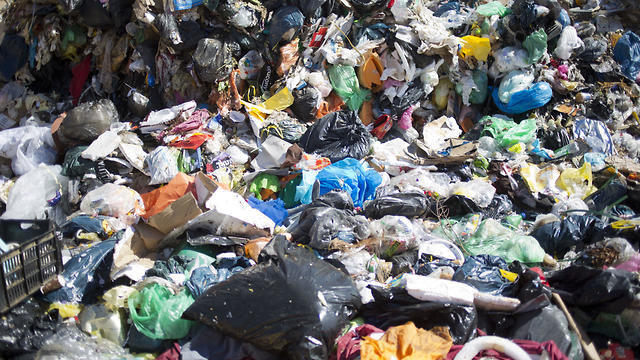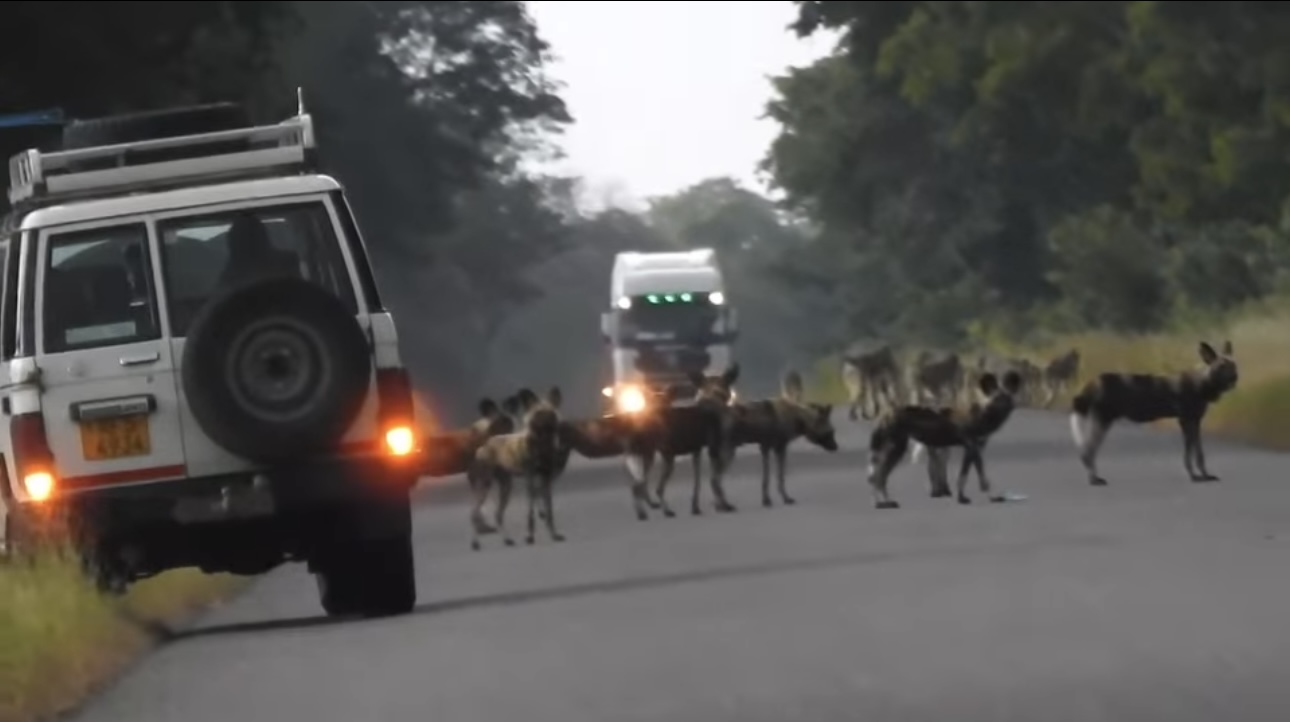BY JEFFEREY MOYO
Zimbabwe is drowning under a tide of plastic waste – discarded bottles, bags, straws, packaging and other single-use items.
According to the Environmental Management Agency (EMA), Zimbabwe generates about 300,000 tonness of plastic waste per year.
A significant proportion of that waste is dumped in the streets or other open areas, rather than recycled or properly disposed of.
“Plastic waste is everywhere,” says environmentalist Happison Chikova.
“You see it in towns and cities, in illegal dumpsites, on street pavements, in people’s backyards – just everywhere. It is an eyesore and it is harming the environment. And nothing is being done about it.”
A government effort in Zimbabwe to regulate the use of flimsy plastic carrier bags in 2010 ran into consumer resistance and failed.
While other African countries such as Rwanda have had some success with banning the importation and use of non-biodegradable plastic bags, Zimbabwe has lagged behind.
The consequences of that inaction will be felt for years to come, environmentalists and officials warn.
“Having 303,000 tonnes of plastic waste lying all over the place is an environmental menace,” says Amkela Sidange, environmental education manager at the EMA.
“Plastic waste clogs sewer pipes, which in turn causes some sewer lines to burst and spill sewage into the environment,” she says.
“Plastics also clog storm drains, causing flash flooding during heavy rains.
“And when we create these back-ups and resulting pools of water, we provide a breeding ground for disease-causing insects.”
A secondary effect of a despoiled environment is that tourism is discouraged, she adds.
“Plastics just fly all over; in some countries this is referred to as white pollution. When we have plastics flying all over, that reduces the aesthetic value of our environment and discourages tourism.”
Already, plastics are harming the agricultural and fishing industries, says environmentalist Kudakwashe Makanda.
“Reproduction of livestock and aquatic life is harmed by toxins in the plastic waste,” he says.
“Fish eat plastic and when we eat those fish we are also ingesting a carcinogenic material.”
Plastic waste deposits toxins into the soil and this affects the alkalinity or acidity of the soil, which subsequently affects crop yields, Makanda adds.
”And it can take close to 100 years for plastic to decompose. So it simply accumulates.”
The plastic waste problem is not confined to Zimbabwe.
Officials estimate that by 2050 the world’s tide of discarded plastic is likely to swell to 12 billion tonnes.
The United Nations Environment Programme says that only about 9% of the world’s plastic waste is recycled and only 12 percent incinerated.
The rest is either deposited in landfills or simply discarded in the environment, causing damage for years to come. – D+C

 Slider3 years ago
Slider3 years ago
 National4 years ago
National4 years ago
 Tourism and Environment4 years ago
Tourism and Environment4 years ago
 Special reports4 years ago
Special reports4 years ago
 Opinion4 years ago
Opinion4 years ago
 National4 years ago
National4 years ago
 National3 years ago
National3 years ago
 National3 years ago
National3 years ago




